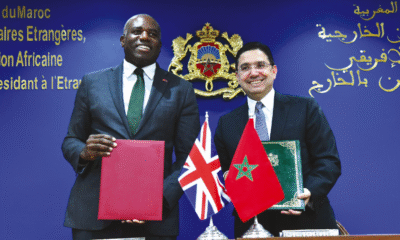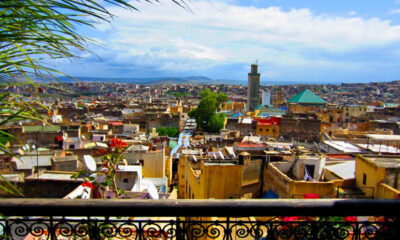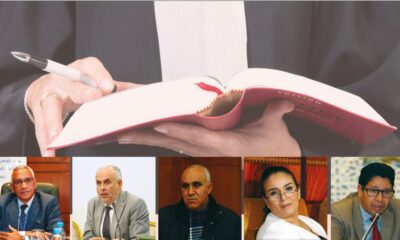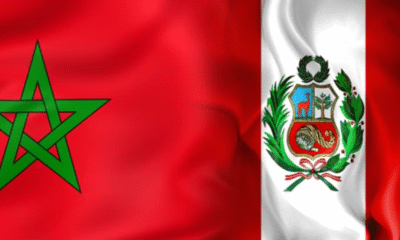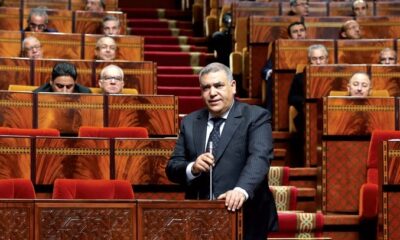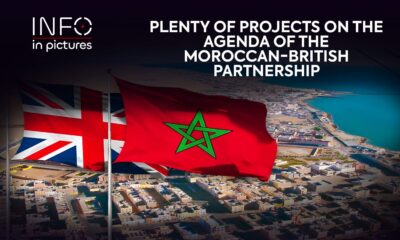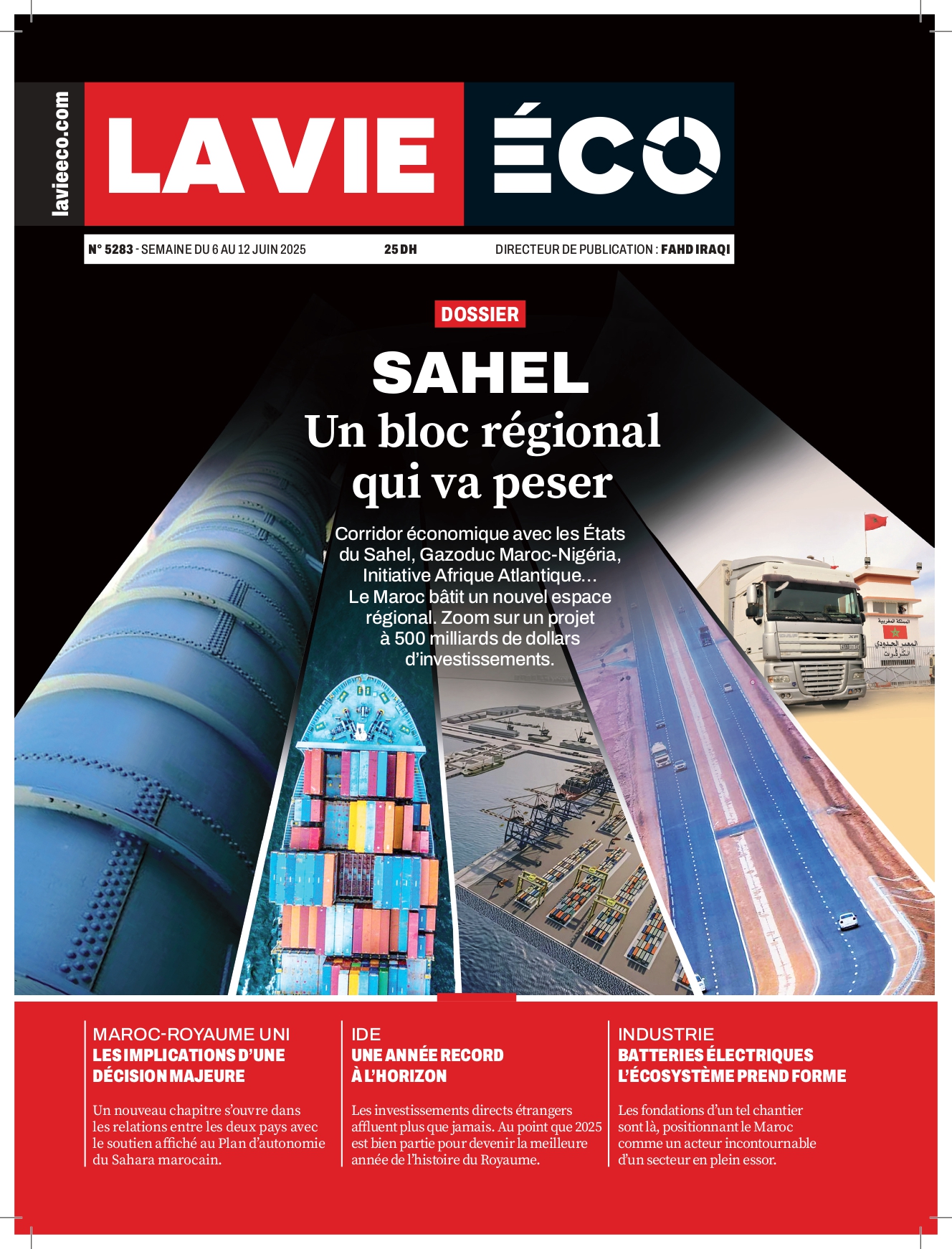Business
European Investment Bank: 500 million euros in financing for Morocco in 2024
This envelope represents a 56% increase in the commitments of the European financial institution compared to the 2023 fiscal year.
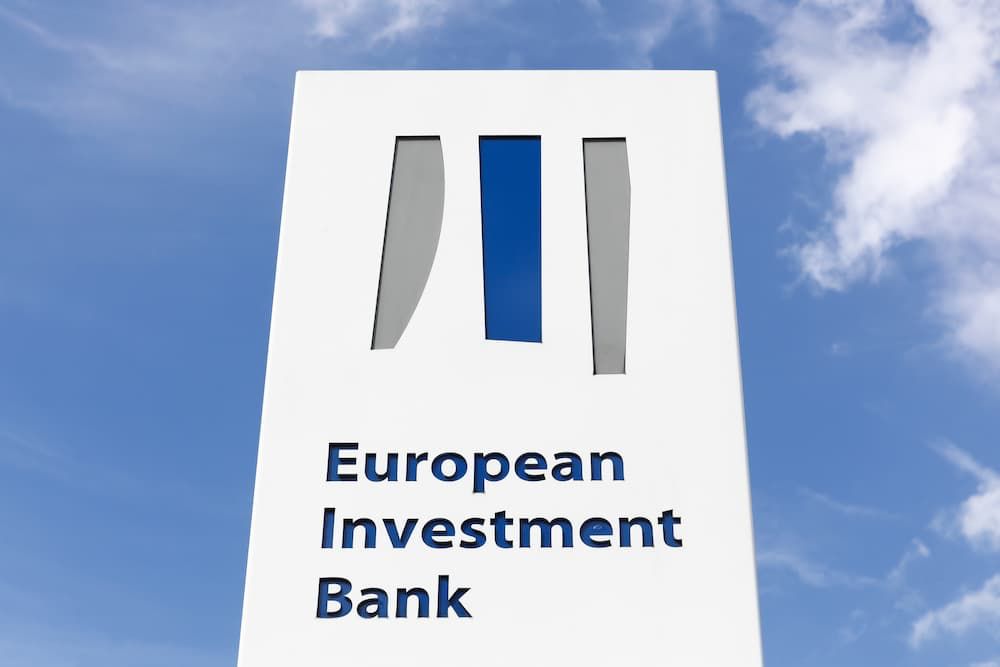
The European Investment Bank (EIB) confirms its role as a key partner in Morocco’s development with a historic commitment of 500 million euros in financing in 2024, up 56% from 2023. This level of commitment reflects a strengthened mobilization in favor of sustainable development and economic resilience in the Kingdom, according to an EIB statement on its 2024 report.
Since the beginning of its partnership with Morocco, the Bank of the European Union (EU) has exceeded 10 billion euros in investments, financing major projects in energy, water, transport, education, and business support. This symbolic milestone testifies to the EIB’s enduring commitment alongside the Kingdom and its support for strategic priorities.
« Morocco is a strategic partner for the EIB and the European Union. By strengthening our commitment and collaborations, particularly with key actors like the CDG and the Mohammed VI Investment Fund, we encourage investment in strategic infrastructure, support the energy transition, and promote inclusive and sustainable development, directly benefiting citizens, businesses, and the Moroccan economic fabric, » said Ioannis Tsakiris, EIB Vice-President, as quoted in the statement.
On his part, Adrien de Bassompierre, head of the EIB’s representation in Morocco, noted that « exceeding 10 billion euros in commitments with Morocco testifies to the solidity of our partnership and our long-term commitment ». According to him, these investments have a tangible impact, as they improve citizens’ daily lives, strengthen business competitiveness, and accelerate the transition to a more resilient and sustainable economy. We will continue this dynamic to support, alongside all our partners, the development and ambitions of the Kingdom.
In October 2024, the EIB signed the first tranche of 500 million euros out of a 1 billion euros commitment to rebuild schools, hospitals, and roads damaged by the Al Haouz earthquake. This financing is part of the overall reconstruction program implemented by the Moroccan government. It aims to restore essential infrastructure in the education, health, and transport sectors while integrating enhanced seismic standards and sustainable energy solutions in line with the priorities of the EU-Morocco Green Partnership. It will directly contribute to the rehabilitation of essential infrastructure and the resilience of affected populations. This support complements a 225 million euros grant from the EU.
Furthermore, to strengthen access to education in rural areas, the EIB, the EU delegation to Morocco, and the Ministry of National Education, Preschool, and Sports launched a 6 million euros technical assistance program over five years to support the construction and rehabilitation of 150 community establishments in rural areas.
The EIB also provided technical assistance to the National Railways Office (ONCF) for developing a resilience and climate adaptation strategy for the Moroccan railway network to better withstand extreme weather events and ensure the sustainability of rail transport.
Finally, in December 2024, during a high-level meeting, the EIB and the Caisse de Dépôt et de Gestion (CDG) reaffirmed their partnership to mobilize essential investments to support industrial zones, strengthen SME financing, and promote sustainability.
Since the beginning of their collaboration, more than 455 million euros have been committed by the EIB to support strategic projects led by the CDG and its subsidiaries, illustrating a shared ambition to accelerate the transition to a more resilient and sustainable economy.
In 2025, the EIB will continue its support for Morocco’s strategic infrastructure, focusing on SME financing, renewable energy, and sustainable transport. It will also continue to support the green transition and the modernization of water and electricity networks to strengthen the country’s resilience and improve access to essential services.

